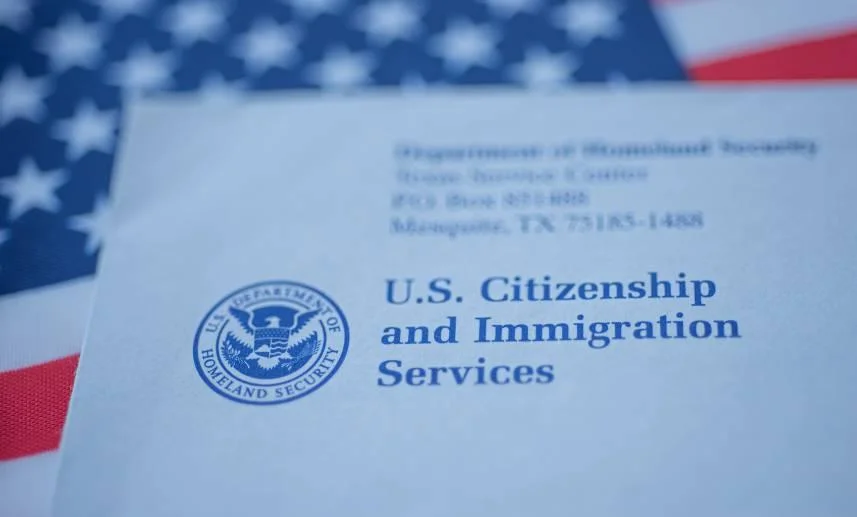DUI is the acronym for Driving Under the Influence, which in Spanish means Driving Under the Influence. It is a crime committed by driving a motor vehicle under the influence of alcohol or drugs, which disqualifies the driver from driving safely.
DUI laws vary from state to state, but in general, the following cases are considered DUI:
- Driving with a blood alcohol level (BAC) of 0.08% or higher.
- Driving with a BAC of 0.04% or higher if you are under 21 years of age.
- Driving with a BAC of 0.01% or higher if you are taking a prescription medication that may cause drowsiness or impaired judgment.
- Driving erratically or dangerously, indicating that the driver is under the influence of alcohol or drugs.
Penalties for DUI also vary from state to state, but may include:
- Fines
- Driver's license suspension
- Imprisonment
DUIs are a serious public safety problem. Every year, thousands of people die in DUI-related traffic accidents.
How can I avoid a DUI?
Here are some tips to avoid a DUI:
- Do not drink alcohol or use drugs if you are going to drive.
- If you have drunk alcohol, let someone else take you home.
- If there is no one who can take you home, call a taxi or ride-sharing service.
- If you are stopped by a police officer for suspicion of DUI, be respectful and cooperative. Do not attempt to resist arrest or refuse to submit to a breath or drug test.
If you have been charged with DUI, it is important that you contact an experienced DUI attorney. A DUI attorney can help you understand your legal rights and options.
What are the significant implications and consequences of losing at a DMV hearing in Los Angeles (California DMV hearing)?
The first DUI involves:
- Up to 6 months in prison.
- A fine of up to $1,000.
- Probation of 3 to 5 years.
- Substance treatment or court-ordered alcohol education.
- Driver's license suspension for up to 6 months.
Second DUI results in a 1-2 year driver's license suspension.
The third DUI carries a driver's license suspension of 1 to 3 years.
What is the cost of bail for the release of a DUI case in Los Angeles?
Law Offices of Vivian N. Szawarc: Best DUI Lawyers in Los Angeles
Law Offices of Vivian N. Szawarc is a law firm based in Los Angeles, California that specializes in DUI cases. We have a team of experienced and dedicated attorneys who are committed to providing our clients with the best representation possible.
Our lawyers are characterized by:
- Experience: Our attorneys have extensive experience handling DUI cases. They have represented clients at all stages of the legal process, from arrest to trial.
- Commitment: Our attorneys are committed to providing our clients with the best representation possible. We will work tirelessly to defend your rights and obtain the best possible results.
- Professionalism: Our attorneys provide high-quality legal service and are committed to excellence.
If you have been charged with DUI, contact the Law Offices of Vivian N. Szawarc for a free consultation. Our attorneys will help you understand your legal rights and options and work to obtain the best possible outcome for your case.
In particular, our lawyers excel in:
- Carefully examine the evidence in the case: Our attorneys will carefully analyze the evidence in the case to identify any possible defenses.
- Negotiate with the prosecutor: Our attorneys will work with the prosecutor to reach an agreement that is fair for our client.
- Take the case to trial: If necessary, our attorneys are prepared to take the case to trial and defend our client before a jury.
Please do not hesitate to contact us for more information on how we can help you with your DUI case.
What are the criteria for choosing the best DUI lawyer in Los Angeles?
Law Offices of Vivian N. Szawarc: Best DUI Lawyers in Los Angeles
Law Offices of Vivian N. Szawarc is a law firm based in Los Angeles, California that specializes in DUI cases. We have a team of experienced and dedicated attorneys who are committed to providing our clients with the best representation possible.
Our lawyers are characterized by:
- Certified experience: Our attorneys have extensive experience handling all types of DUI cases in California. They have represented clients at all stages of the legal process, from arrest to trial.
- Legal knowledge: Our attorneys have in-depth knowledge of the codes and laws that regulate DUI proceedings. This allows them to identify any potential defenses and develop an effective legal strategy.
- Personalized accompaniment: Our lawyers provide personalized support to our clients from the first moment. They will work with you to understand your case and develop a defense plan that fits your specific needs.
- Defense Strategies: Our attorneys know the different defense strategies that can be used in a DUI case. This allows them to choose the most appropriate strategy for each case.
- Constant comunication: Our lawyers maintain constant and timely communication with our clients. This allows them to stay informed about the progress of their case and make informed decisions.
- Unconditional support: Our lawyers unconditionally accompany our clients throughout the DUI judicial process. This gives them the confidence and support they need to get through this difficult time.
If you are looking for the best DUI lawyer in LA, contact the Law Offices of Vivian N. Szawarc for personalized legal advice.
How much would it cost me to hire a DUI lawyer in Los Angeles?
A DUI lawyer's fees vary depending on the case. Law Offices of Vivian N. Szawarc offers a free consultation to determine the fees that best suit your needs.
What is the hearing procedure at the DMV in Los Angeles?
The DMV hearing is part of the DUI process in Los Angeles. Law Offices of Vivian N. Szawarc offers legal representation to avoid license suspension and criminal prosecution.






